Severe Weather and Your Fire Alarm
Severe Weather and Your Fire Alarm
Severe weather is inevitable, and so is the need to ensure that automatic fire alarm systems are restored to full working condition as quickly as possible after the emergency is over. Here are a few tips to help facility managers and authorities having jurisdiction dealing with this issue.
Prolonged Power Outage
Fire alarm systems have backup power designed to keep the system working during the loss of primary power for a period of time. However, a prolonged power outage can drain batteries and other backup power sources. Batteries which are drained completely may not be able to be reused. Be sure that all backup power supplies are tested to ensure their ability to function properly or have them replaced.
Exposure to Flood Water
Fire alarm systems and many of their components are especially susceptible to moisture damage. Anytime wiring or components are completely submersed, a thorough inspection, at a minimum, is critical. Often components not designed for a wet environment will have to be replaced. Manufacturers of components and equipment can provide valuable information in this case. Keep in mind, damage from corrosion and other effects of moisture intrusion may not be seen for some time.
Lightning Strike/Significant Power Surge
A properly installed, modern fire alarm system may have built-in protection against some of the damage that can be caused by lightning or power surges. But when a fire alarm system is exposed to this sort of energy, it is important that equipment and wiring be inspected for evidence of damage. Circuit boards and wiring can be affected as well as other components.
Monitoring Service
Once the fire alarm system itself has been inspected, tested and is back in full service, attention should turn to monitoring. Typically, phone lines and cellular communications systems are some of the first systems to come back after a major weather emergency, but those lines of communication between the protected premises and monitoring facility need to be verified. This is especially true with wireless mesh and internet-based communication systems.
Any time inspection and testing of fire alarm systems is being done, the requirements of NFPA 72®, National Fire Alarm and Signaling Code apply and should be followed. Just as important as what is being done, is who is performing the inspection and testing. A qualified alarm technician should always be consulted.




